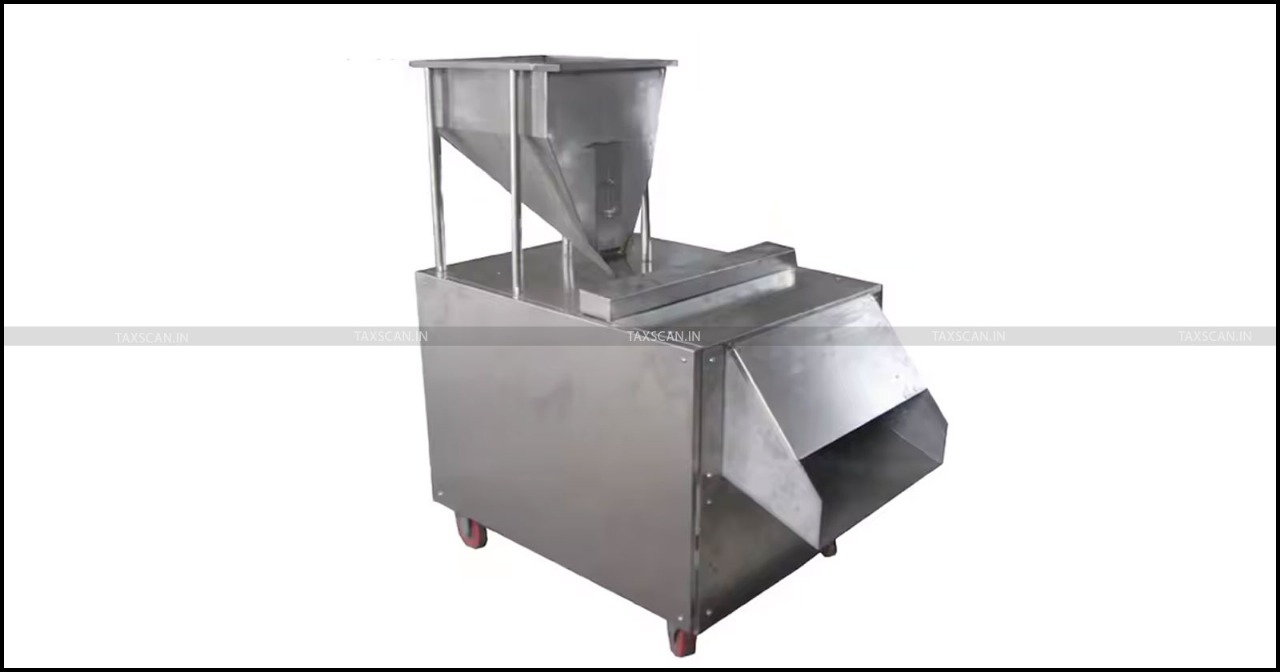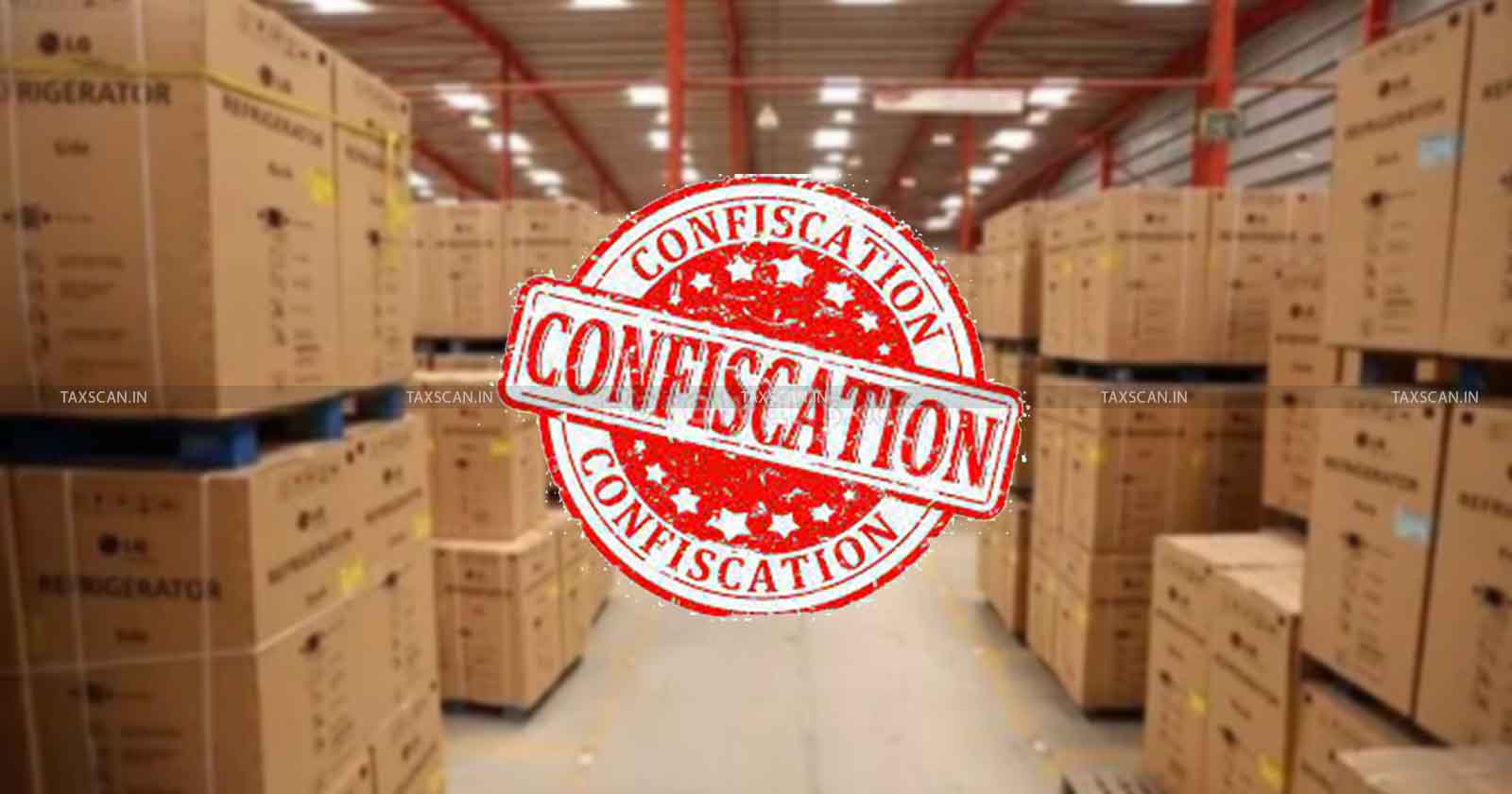Cash Vans Provided with Drivers fall under 'Supply of Tangible Goods Service', not Deemed Sale/Transportation: CESTAT [Read Order]
CESTAT ruled that supplying cash vans with drivers to banks qualifies as "Supply of Tangible Goods Service" and attracts service tax.
![Cash Vans Provided with Drivers fall under Supply of Tangible Goods Service, not Deemed Sale/Transportation: CESTAT [Read Order] Cash Vans Provided with Drivers fall under Supply of Tangible Goods Service, not Deemed Sale/Transportation: CESTAT [Read Order]](https://images.taxscan.in/h-upload/2025/07/23/2067978-cash-vans-taxscan.webp)
The Ahmedabad Bench of the Customs, Excise, and Service Tax Appellate Tribunal (CESTAT) ruled that providing cash vans with drivers to banks falls under the category of “Supply of Tangible Goods Service” and not mere transportation or deemed sale.
Shree Security, the appellant, was engaged in providing cash vans along with drivers to various banks for transporting cash between branches. The banks paid a monthly fee based on kilometers traveled. The appellant considered this service to be non-taxable as it involved cash transportation.
The department conducted an audit and later issued a show cause notice demanding service tax of Rs. 33,31,038 for the period April 2010 to June 2012. It classified the activity as "Supply of Tangible Goods Service" under Section 65(105)(zzzzj) of the Finance Act, 1994.
Step by Step Guidance for Tax Audit & E-filing, Click Here
 Also Read:No Countervailing Duty on Areca Nut Processing Machines Imported for Pan Masala Production: CESTAT [Read Order]
Also Read:No Countervailing Duty on Areca Nut Processing Machines Imported for Pan Masala Production: CESTAT [Read Order]
The adjudicating authority confirmed the demand with penalties, which was upheld by the Commissioner (Appeals). Aggrieved by the order, the appellant approached the CESTAT.
The appellant's counsel argued that the banks had effective control over the cash vans since they instructed the drivers, determined usage, and used the vans exclusively. They claimed this amounted to a “transfer of right to use,” making the transaction a deemed sale liable to VAT, not service tax.
They relied on judicial precedents, such as Rashtriya Ispat Nigam Ltd. and Great Eastern Shipping Co., to support the argument that such arrangements involved effective possession and control by the hirer.
The revenue counsel argued that the appellant did not transfer control or possession of the vans but only provided a service. The vehicles were operated by drivers employed by the appellant, who bore all maintenance, fuel, insurance, and labor costs.
Get a Complete Kit of Essential Books for Daily Practice, Click Here
 Also Read:Temporary Storage Outside Bonded Area is Not Unauthorized Removal: CESTAT Quashes Customs Confiscation and Penalty [Read Order]
Also Read:Temporary Storage Outside Bonded Area is Not Unauthorized Removal: CESTAT Quashes Customs Confiscation and Penalty [Read Order]
There was no VAT paid, and the appellant failed to register or file returns for this service until much later. They argued the service was rightly classified under "Supply of Tangible Goods Service."
The two-member bench comprising Somesh Arora (Judicial Member) and Satendra Vikram Singh (Technical Member) observed that the appellant retained ownership and control of the vans, provided alternate vehicles when required, paid drivers’ wages, and handled all maintenance and risks. The arrangement was not a transfer of right to use but a service provided for consideration.
The tribunal further observed that no VAT was paid on the activity, which contradicted the appellant’s claim of it being a deemed sale. The tribunal held that the extended period of limitation was rightly invoked as the appellant failed to disclose their activities or register on time.
The tribunal allowed the appellant’s request for cum-duty benefit and remanded the matter to the adjudicating authority to recompute the tax liability accordingly. The appeal was partly allowed by way of remand.
Support our journalism by subscribing to Taxscanpremium. Follow us on Telegram for quick updates


